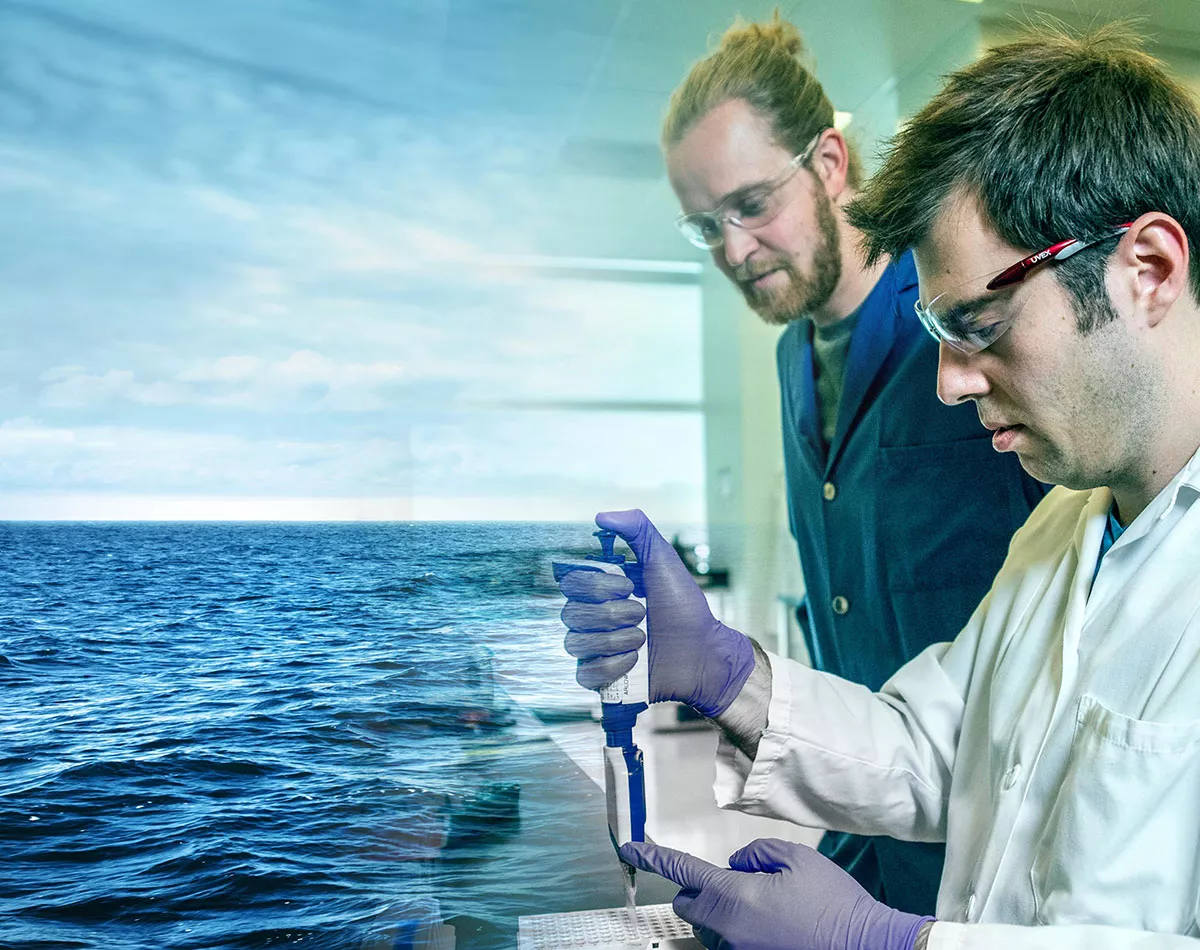The AtlantECO international project with EUR 11 million in funding was launched in June 2020, a little late due to the pandemic. An international team of researchers from 13 countries, including Hungary, will incorporate vast amounts of genomic data from the Atlantic Ocean into systems ecology models. The ultimate goal of the project is to understand the effects of climate change, assess the marine micro-world more thoroughly than ever before, and identify the vulnerabilities and critical elements of the marine ecosystem.
Much of the data will be provided by institutes at the heart of the world-famous TARA Oceans Consortium. The significance of its research to date has been marked by a special issue of Science Magazine. In the processing of a sea of data, special emphasis is placed on microbiome, acidification, network analysis and microplastics. The growing interaction of marine biology and freshwater ecology is indicated by the fact that one of the largest bundles of work in the consortium project is led by Dr Ferenc Jordán a systems ecologist based in Tihany, and co-led by a microbiologist from South Africa. The most important cooperating partners are institutes from Brazil, South Africa, Italy and France, but landlocked countries are also represented by the ETH Zurich Institute from Switzerland and the Balaton Limnology Institute of the Centre for Ecological Research from Hungary, which will proudly contribute to the success of this huge project. The combination of a methodology based on artificial intelligence and high-throughput molecular methods will provide a new perspective on the data.

The medium-term goal of the Balaton Limnology Institute is to adapt the complete methodological framework of the AtlantECO project to freshwater ecosystems using Lake Balaton as a basis. Preparations are already underway in Tihany, and the lessons learned from the AtlantECO project will provide invaluable assistance for this work.